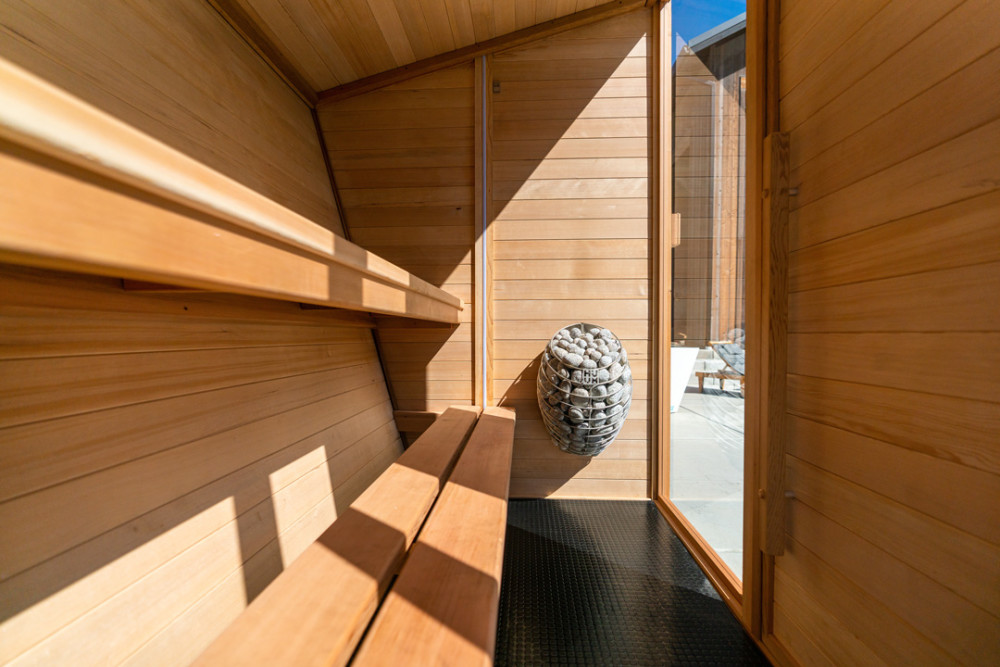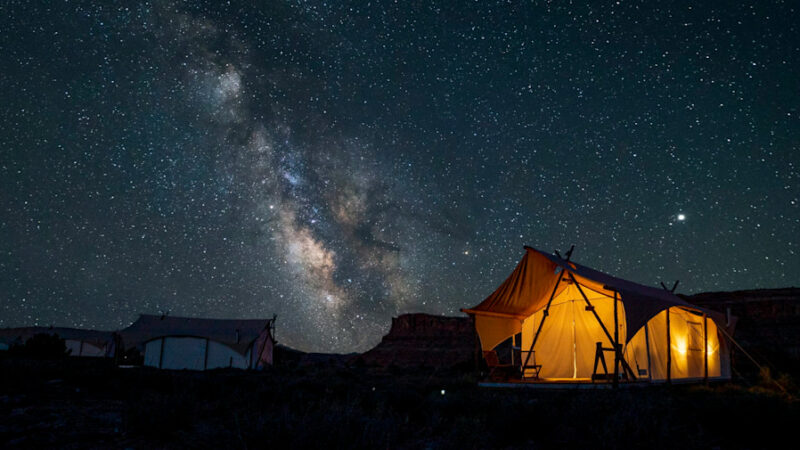A Guide to Dry Saunas, Health Benefits, and Home Installation

Dry Sauna Home Installation
Depending on your available space, budget, and personal preference, you can either install an indoor sauna or outdoor sauna. Personally, I put together an outdoor sauna kit in my backyard because I had the space and enjoy looking out the glass door at nature.
Many companies that make dry sauna kits—like Redwood Outdoors—which come as precut pieces that ship directly to your home to be assembled in one day or less. Another option is to hire a professional to assemble your sauna, build a totally custom sauna, or go all in and DIY!
Regardless, the basics of dry sauna home installation vary between indoor saunas and outdoor saunas, but can be narrowed down to a shortlist of key considerations.
-
Check with your municipality to obtain permits and building codes, if necessary
-
Pick a location with a level surface, good drainage, and ventilation if installing inside, for this you may need to hire a plumber or general contractor
-
Prep and build the foundation for outdoor saunas, or install a subfloor for indoor saunas. Note: some indoor sauna kits do not sell flooring and can be installed directly onto your existing surface, so always check to be sure
-
Assemble or build your sauna! Install the benches, footrest, doors, heaters, and other accessories
-
Hire a licensed electrician to install your heating elements—they can also hook up lighting if you prefer
Use the sauna installation manual that comes with your sauna kit as a guide. Oftentimes, the company has a wealth of online resources, such as video tutorials, photos, FAQs, and even a helpline. While building my two-person outdoor sauna, I heavily relied on all of these things and highly recommend preparing for the build to save yourself time!
Overall, it is installing and assembling a home sauna is remarkably easy even for those who have minimal building experience. Do your research ahead of time and don’t be afraid to call in a professional if you need help.
Frequently Asked Questions
How do you make a dry sauna hotter?
A traditional sauna is heated by an electric heater with heating rocks or wood burning stoves. To increase the heat, either turn up the dial on your electric heater or add more logs to your fire.
How long should I stay in a dry sauna?
The length of time is up to you, but it is recommended to start at 10-15 minutes in the sauna, with five minute breaks in between to hydrate and cool down your body temperature before reentering. Always listen to your body and do what feels best.
What’s the difference between a dry sauna and a regular sauna?
A dry or traditional sauna uses an electric heater or wood burning stove with heated rocks to warm a wooden room designed to trap intense heat of around 140-195 F, with humidity levels of 10%-40%. A regular, or popular type of sauna, is a wet sauna, also called a steam sauna. It feels like a steam room, in that bathers pour water over hot rocks to create high humidity of 60% to as high as 100%. Often, steam saunas will have lower temperatures around 140 F, because the moisture will make it feel hotter than it is.
Source: https://fieldmag.herokuapp.com/articles/dry-sauna-benefits-guide







